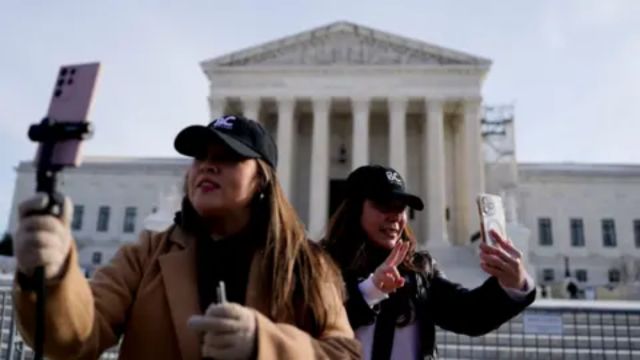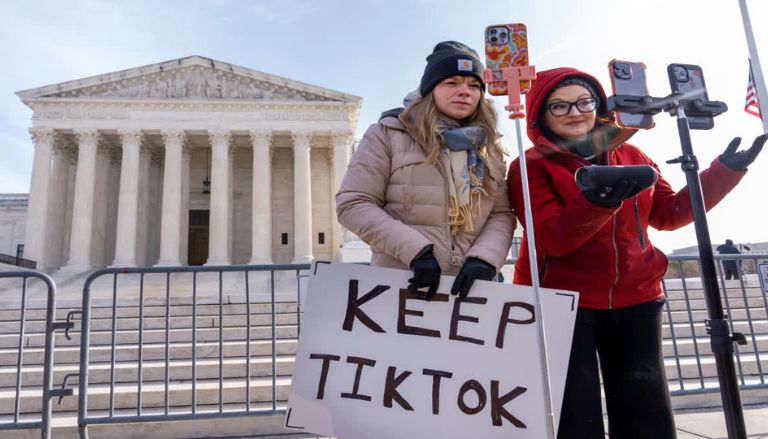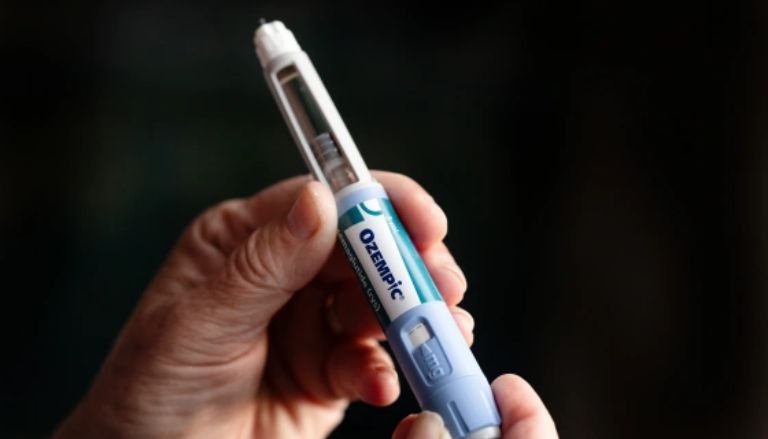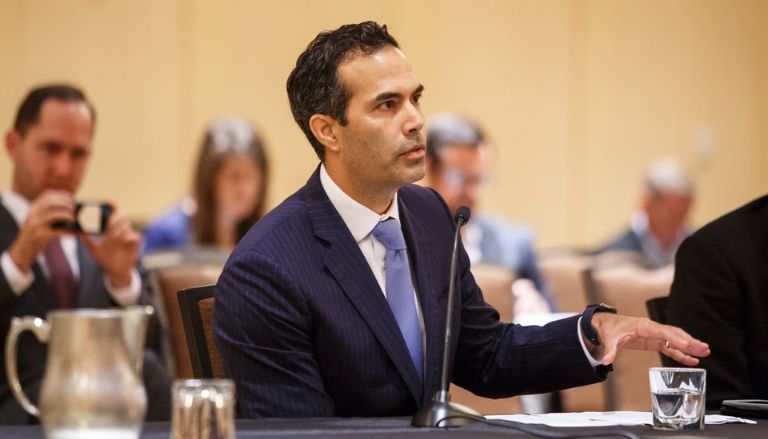WASHINGTON — On Friday, the Supreme Court unanimously upheld the federal law that will ban TikTok starting Sunday unless it’s sold by its Chinese parent company. The court said that the app’s ties to China pose a threat to national security that is greater than any concerns about limiting speech on the app or its 170 million users in the US.
It doesn’t look like there will be a sale soon, and experts say that once the law goes into effect on January 19, new users won’t be able to download the app and changes won’t be available. However, the app will still be on the phones of current users. The Justice Department has said in court documents that this will finally make the app useless.
At the time of the decision, there was a lot of unusual political turmoil. President-elect Donald Trump promised that he could find a solution, and President Joe Biden’s government has said that it won’t enforce the law starting Sunday, which is his last full day in office.
Trump is aware of how famous TikTok is and has 14.7 million followers on the app. He is on the opposite side of the argument from powerful Senate Republicans who say TikTok’s Chinese owner should have sold the app sooner. There was a post on Truth Social by Trump just before the decision came out saying that he and Chinese leader Xi Jinping talked about TikTok.
It’s not clear what Trump can do after being sworn in as president on Monday. The law said that the restrictions on the app could be put on hold for 90 days if there was work toward a sale before the restrictions started. Solicitor General Elizabeth Prelogar supported the law in the Supreme Court for the Democratic Biden administration. Last week, she told the justices that she wasn’t sure if the possibility of a sale after the law goes into effect could give TikTok a 90-day break.
The court said in an unsigned opinion that “Congress has determined that divestiture is necessary to address its well-founded national security concerns regarding TikTok’s data collection practices and relationship with a foreign adversary.” The law “does not violate petitioners’ First Amendment rights,” the court added.
Justices Sonia Sotomayor and Neil Gorsuch each wrote a short opinion in which they said they had some concerns about the court’s decision but agreed with the result.
“There’s no doubt that the path Congress and the President chose is dramatic,” Gorsuch wrote. He did say that the case that China could get “vast troves of personal information about tens of millions of Americans” made sense to him.
Not long after the court’s decision came out, some internet rights groups criticized it.
“Today’s decision, which is the first of its kind to uphold the TikTok ban, hurts the free expression of hundreds of millions of TikTok users in this country and around the world,” said Kate Ruane, director of the Center for Democracy & Technology in Washington, D.C., which backed TikTok’s challenge to the federal law.
People who make content and were against the law were also afraid about what would happen to their businesses if TikTok shut down. “I’m really scared about what’s going to happen in the next two weeks,” said Desiree Hill, owner of the Conyers, Georgia, mechanic shop Crown’s Corner. “And seriously scared about how hard it will be to reach customers. I’m afraid I might lose my business in the next six months.”
A lawyer for TikTok and ByteDance Ltd., the Chinese tech company that owns it, told the justices at the arguments that it would be hard to make a deal because Chinese law doesn’t allow the sale of the secret algorithm that has made the social media platform so popular.
A lawsuit from last year in Kentucky said that TikTok is made to be addicting and is bad for kids’ mental health. The lawsuit said that the app lets users watch hundreds of videos in about 30 minutes because some of them are only a few seconds long. There were clothes like this from more than a dozen states. TikTok has said that the claims are not true.
The fight over TikTok’s ties to China has come to represent the rivalry between Washington and Beijing in world politics.
Sen. Tom Cotton, R-Ark., wrote on X, “ByteDance and its Chinese Communist masters had nine months to sell TikTok before the deadline on Sunday.” In fact, the fact that TikTok can’t be sold in Communist China shows that it is a communist spy app. The Supreme Court did the right thing by turning down TikTok’s lies and propaganda that were passed off as legal reasons.
The US is worried that TikTok is collecting a lot of personal information about its users, such as private details about their viewing habits, which could be forced into the hands of the Chinese government. Officials have also said that the Chinese government can change the app’s code, which controls what users see, in a way that is hard to spot.
TikTok says the U.S. hasn’t shown proof that China has tried to change material on its U.S. platform or collect information about American users through TikTok.

Laws were passed by Congress with votes from both parties, and Biden signed them into law in April. The law was the end of a long fight in Washington over TikTok, which the government sees as a threat to national security.
TikTok sued the government over the law last year and has long said it can’t be used by Beijing. In December, a panel of three judges—two appointed by Republicans and one appointed by Democrats—upheld the rule unanimously. This led TikTok to quickly appeal to the Supreme Court.
The law says that app stores run by Apple, Google, and others can’t sell TikTok until they’ve made a sale to an approved buyer. This starts on Sunday. Internet hosting providers will not be able to host TikTok either.
It won’t sell, according to ByteDance. But investors like Steven Mnuchin, who used to be Trump’s Treasury Secretary, and Frank McCourt, a wealthy businessman, have been looking at it. McCourt’s Project Liberty group said that it and its unknown partners have given ByteDance a plan to buy TikTok’s U.S. assets. The group, which includes Kevin O’Leary, host of “Shark Tank,” did not say how much the offer was for.
McCourt said in a statement after the decision that his group was “ready to work with the company and President Trump to finish a deal.”
Last week, Prelogar told the judges that putting the law into effect “might be just the jolt.” ByteDance needs to think again about its stance.







Leave a Comment